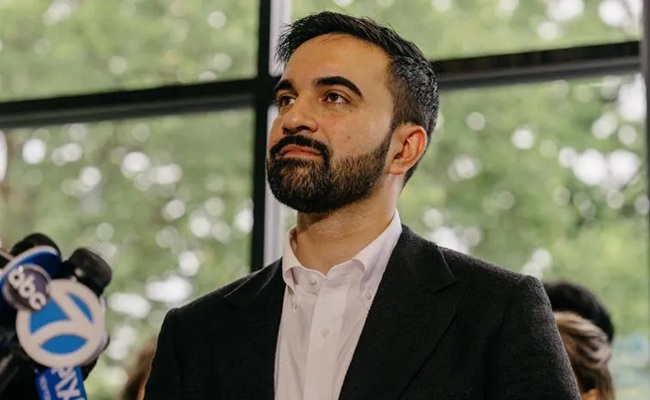Opinion: Why Politics And Cinema Should Stay Apart
The intersection of politics and cinema has long been a topic of heated debate among artists, critics, and audiences alike. At the heart of this discourse lies a fundamental question: Should these two realms coexist, or do they serve better as independent entities? In this opinion piece, we explore the reasons why a clear separation between politics and cinema is essential for the integrity of both art forms.
The Essence of Art
At its core, cinema is a form of artistic expression that captures the intricacies of human experience. Whether through drama, comedy, or documentary, filmmakers weave narratives that resonate with universal themes—love, loss, joy, and tragedy. The magic of cinema lies in its ability to transport audiences to different worlds, evoking emotions that transcend political ideologies. When politics infiltrates this sacred space, the authentic voice of the artist is often stifled, leading to a diluted or overly propagandistic message.
The Dangers of Political Influence
Artists who navigate the tumultuous waters of political engagement can easily become ensnared in the very system they seek to critique. History provides ample examples of filmmakers who have sacrificed their artistic integrity in pursuit of political favor. By aligning themselves too closely with specific ideologies or political figures, these artists risk alienating their audience and, ultimately, compromising the authenticity of their work.
Vigilance is Key
Understanding the fine line between politics and cinema is crucial for artists who wish to maintain their independence. Those who remain vigilant about the potential dangers of political involvement tend to cultivate a more nuanced narrative that resonates deeply with viewers. By prioritizing their artistic values over political affiliations, these filmmakers are better equipped to explore complex themes that invite critical thinking rather than blind adherence to ideology.
The Role of the Audience
The audience also plays a pivotal role in this dynamic. Viewers often seek cinema as an escape from the complexities of the political world. When films become mere extensions of political agendas, they risk alienating audiences who appreciate the transformative power of art. A film that merely echoes political sentiments may fail to engage, inspire, or provoke thought among its viewers. Instead, audiences crave stories that not only entertain but also challenge their perceptions—stories that flourish outside the constraints of political dogma.
Finding Common Ground
That said, cinema is not altogether devoid of political commentary. Many of the most celebrated films throughout history have touched on political themes, addressing social injustices or critiquing authority. However, the distinction lies in how these films present their messages. Rather than overtly promoting a political agenda, the most impactful cinema embodies a sense of nuance—provoking dialogue without forcing a singular perspective on its audience.
Conclusion
In conclusion, while politics may naturally seep into the narratives crafted by filmmakers, it is crucial for artists to strike a balance that preserves the integrity of their work. By recognizing the inherent value of artistic expression detached from political influence, filmmakers can create more profound, engaging, and enduring pieces of art. The vitality of cinema hinges not on its alignment with politics but on its ability to inspire and challenge, crafting stories that resonate on a human level, irrespective of temporal political climates.



